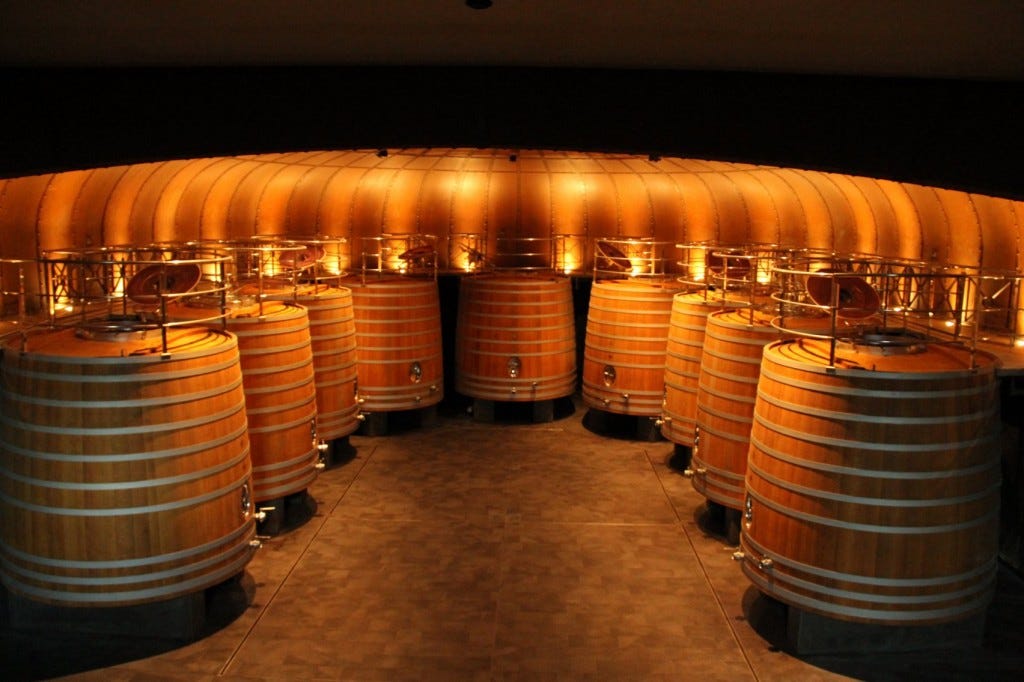The background to my natural wine challenge

Last summer, I wrote an enthusiastic article about rawfair – a hugely popular natural wine tasting about to run its third edition this weekend. My enthusiasm centred on the unstuffy atmosphere and the amount of vinous adventure that could be had in the space of a few hours.
Well known wine writer, marketeer and non-mincer of words Robert Joseph also wrot…
Keep reading with a 7-day free trial
Subscribe to The Morning Claret to keep reading this post and get 7 days of free access to the full post archives.



